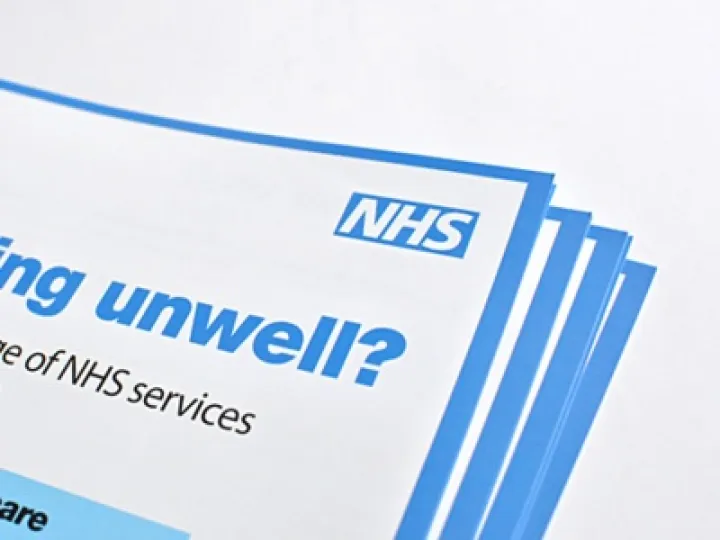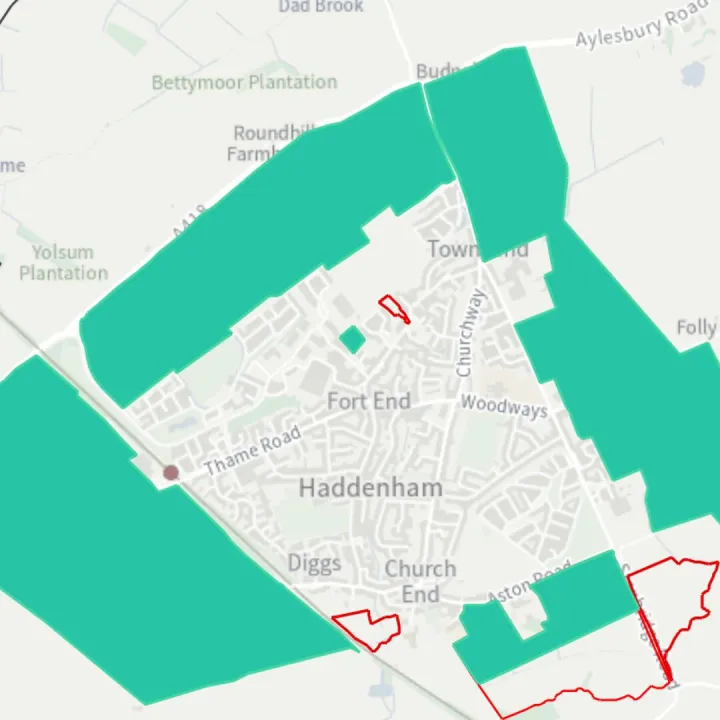The NHS 111 telephone service has been in the national news again, for all the wrong reasons.
Irrespective of one's political leanings, this does look like a grossly underfunded call system, staffed by poorly qualified personnel and operated by a wide range of independent organisations – each seeking to run their part of the system at an operating profit, or at least to break-even. How long before this half-baked entity comes crashing down?
The 111 telephone answering service is intended to provide medical advice for non-urgent patient needs. (The most urgent needs are still provided via the 999 number). Another method by which the NHS tries to assist patients is through a range of information leaflets. These too have received criticism of late.
In an article published today on the British Medical Journal website, BMJ.com, GP Margaret McCartney argues that the NHS's patient information leaflets are "inaccurate, inconsistent, and confusing".
In a personal view, Dr McCartney says the NHS is "awash" with patient information and with many trusts commissioning leaflets from external companies and others writing their own, it is difficult to know how efficient and effective these leaflets are.
Previous studies have shown that leaflets are providing patients with inconsistent guidance and others are giving conflicting advice. As such, patients are being given very different information depending on where they live.
A study carried out on one set of leaflets for the removal of kidney stones found they did not consistently mention common complications and had a wide variation of information on drugs and pain-killers. Furthermore, complications were often inadequately explained.
Sir Muir Gray, co-chair of the executive council of the Information Standard (a scheme for organisations producing evidence based healthcare information for the public), said "It's a stupid system, a waste of money, and, without rigorous standards ... the information is biased and misleading".
McCartney says that the problem of varying leaflets is not new: a BMJ investigation in 1998 found inaccuracies and outdated information in leaflets given out by general practitioners.
One researcher at the University of Oxford says the problem is that "the NHS still fails to take this seriously", adding that, at the moment, in most NHS trusts there is no one who has responsibility. This means that leaflets can end up amateurish "with the evidence and uncertainties not expressed clearly".
One spokesman told the BMJ that NHS England is, however, launching a "major project" in September which they hope will "standardise all information".
McCartney concludes that the challenge now is "to adopt high standards ... updating information regularly and making it easily accessible". She adds that "this is one area of the NHS where efficiency savings look ripe for the picking".
Those interested in reading the whole article can download it – see PDF below the image







